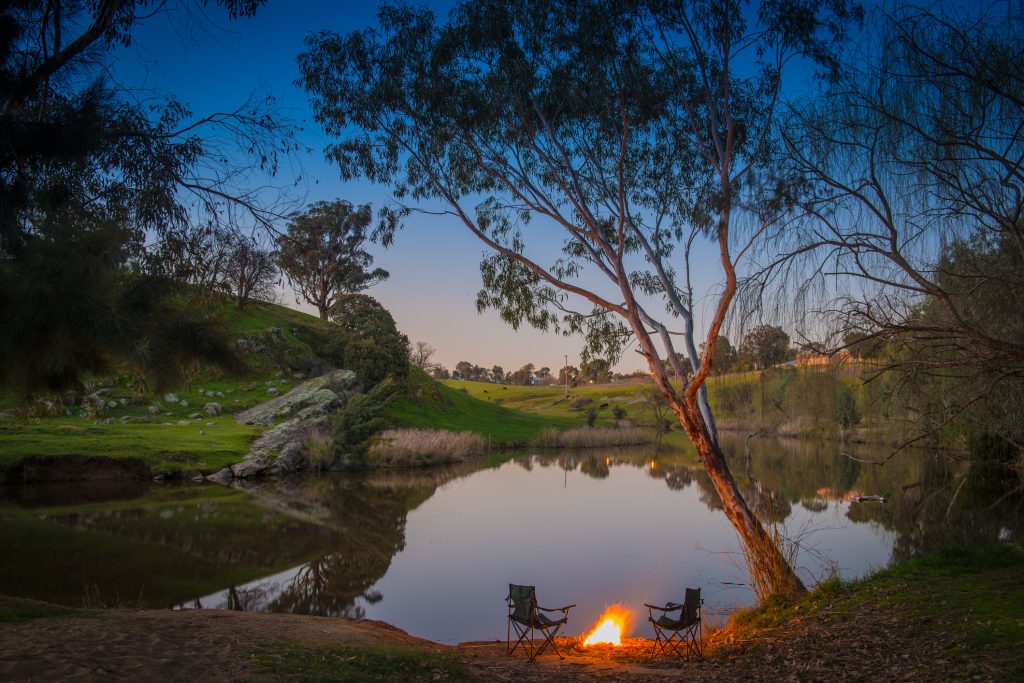Selling rural properties presents a unique set of challenges that differ significantly from the urban or suburban real estate markets. These challenges include issues related to access, utilities, water rights, and more. Each of these factors can significantly impact the appeal, value, and marketability of rural properties. However, with the right strategies and understanding, sellers can navigate these challenges effectively and find the right buyer for their property. This article explores common obstacles faced when selling rural properties and provides solutions to overcome them.
Access Issues
One of the primary challenges in selling rural properties is ensuring proper access. Many rural properties may not have direct access to public roads or may rely on easements that allow passage through neighboring land. Limited access can deter buyers, particularly if it affects the property’s usability or if there are legal uncertainties regarding the right of way.
Solutions:
- Legal Clarification: Ensure that all access rights are legally documented and clarified. If the property is accessed via an easement through another property, make sure the easement is recorded and clearly outlines the terms of use.
- Improving Access: If possible, invest in improving the property’s access. This might include upgrading existing roads or negotiating new access agreements with neighbors.
- Transparent Marketing: Clearly disclose the type of access in the property listing. Honesty will help attract buyers who are comfortable with the access situation and prevent wasted time on buyers looking for different conditions.
Utilities and Infrastructure
Another significant challenge is the lack or inconsistency of utilities and infrastructure, such as water, electricity, sewage, and internet connectivity. Rural properties may rely on wells, septic systems, and satellite internet, which may not appeal to all buyers.
Solutions:
- Assess and Improve Infrastructure: Evaluate the current state of the property’s utilities and infrastructure. Consider investing in improvements, such as updating the septic system, ensuring the reliability of the water supply, or installing solar panels for electricity.
- Provide Information and Resources: Offer potential buyers detailed information about the property’s utilities, including the costs and processes involved in updating or maintaining them. Providing contacts for local service providers can also help.
- Highlight Advantages: If the property utilizes sustainable or off-grid solutions, highlight these as positive features. Emphasize the independence and environmental benefits of these systems.
Water Rights and Natural Resources
Water rights are a crucial consideration for rural properties, especially in arid regions or agricultural areas. Buyers need to know they can legally access and use water on the property. Additionally, the presence of natural resources like timber, minerals, or wildlife can add value but also bring regulatory complexities.
Solutions:
- Legal Verification: Confirm the property’s water rights and any natural resource entitlements through a legal review. Make sure these rights are transferable to a new owner and clearly documented.
- Educate Buyers: Include detailed information about water rights and natural resources in the property listing. Educate potential buyers on how these features can benefit the property and any associated responsibilities.
- Address Regulatory Compliance: Ensure that the property complies with all local, state, and federal regulations regarding natural resources. Providing documentation and compliance records can reassure buyers and streamline the sales process.
Market Understanding and Targeting the Right Buyers
Understanding the rural property market and targeting the right buyers are essential for a successful sale. Rural properties may appeal to a niche market, including buyers interested in agriculture, ranching, recreation, or conservation.
Solutions:
- Research and Pricing: Conduct thorough market research to understand the value of similar properties and determine a competitive price. Consider the property’s unique features and how they align with current market trends.
- Specialized Marketing: Tailor your marketing efforts to reach the right audience. Utilize platforms and publications that cater to buyers interested in rural lifestyles, agriculture, or conservation.
- Leverage Local Expertise: Work with real estate agents who specialize in rural properties and understand the local market. They can offer valuable insights and connections to potential buyers.
Conclusion
Selling rural properties requires addressing unique challenges that are not typically encountered in more urban settings. By effectively managing issues related to access, utilities, water rights, and targeting the right buyers, sellers can enhance the appeal and marketability of their rural properties. Transparent communication, legal clarification, infrastructure improvements, and specialized marketing are key strategies that can lead to a successful sale. While navigating the complexities of rural real estate may seem daunting, understanding these challenges and employing the right solutions can ultimately lead to rewarding outcomes for both sellers and buyers.

